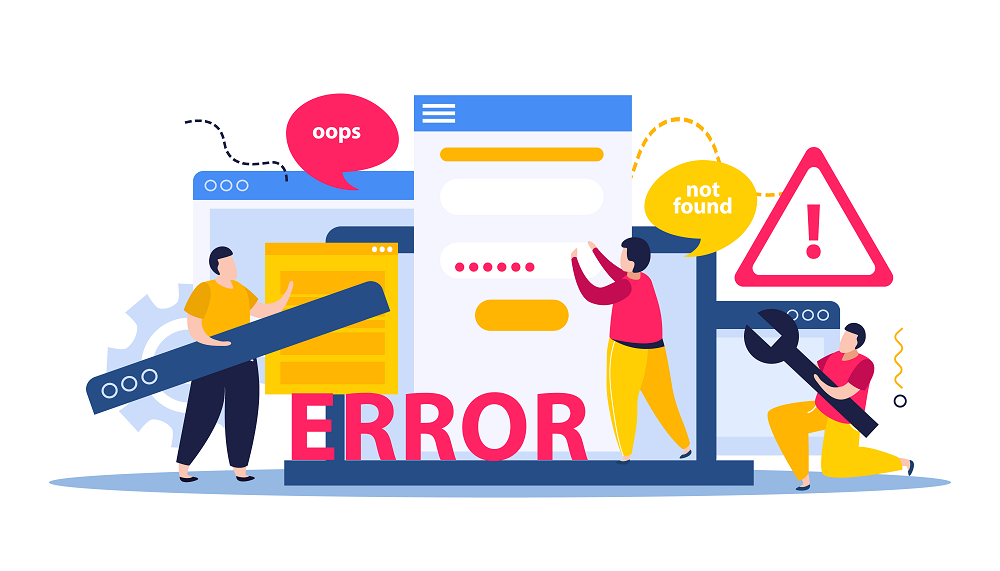
Inventory Management for Perishable Goods and Time-Sensitive Products
Perishable goods are products that have a limited shelf life and can spoil or deteriorate quickly if not stored properly. These products may include fresh fruits and vegetables, dairy products, meats, seafood, baked goods, and other similar items. The quality and safety of perishable goods can be compromised if they are not handled and stored […]
Read More
Daily Performance in Supply Chain: Best Practices
Daily performance in supply chain management refers to the measurement and evaluation of the activities and processes that occur on a daily basis in the supply chain. It encompasses the daily activities of sourcing, manufacturing, warehousing, transportation, and delivery of products or services to customers. Daily performance metrics can include on-time delivery, inventory accuracy, production […]
Read More
Cost Reduction in Supply Chain Management
A supply chain refers to the entire network of companies, individuals, and resources involved in the creation and delivery of a product or service, from the raw materials stage to the final delivery of the product to the end customer. This includes all the activities involved in the production, transportation, and distribution of goods or […]
Read More
Supply Chain Statistics: Key Insights and Trends for 2024
Supply chain management has become an indispensable aspect of modern business operations. It enables organizations to streamline their processes, optimize costs, reduce lead times, and ultimately enhance customer satisfaction. In recent years, the field of supply chain management has witnessed a paradigm shift towards data-driven decision making, with supply chain statistics and analytics playing a […]
Read More
Warehouse Management Systems – The Ultimate Guide
A Warehouse Management System (WMS) is a software application that is designed to manage and optimize the day-to-day operations of a warehouse or distribution center. It provides real-time visibility into inventory levels and locations, enabling warehouse managers to make informed decisions about stock levels, order picking, and shipping. The system also allows for the tracking […]
Read More
Prevent Inventory Errors With Order Fulfillment Software
Inventory errors refer to inaccuracies or discrepancies in a business’s inventory data, which can occur due to various reasons such as manual data entry, theft, or incorrect tracking. These errors can have a significant impact on a business, leading to lost sales, decreased customer satisfaction, and increased costs. For example, if a business’s inventory data […]
Read More
Understanding and Minimizing Inventory Holding Costs Effectively
Welcome to our article on understanding and minimizing inventory holding costs. As businesses, we all know that managing inventory is a critical aspect of our operations. However, what many of us may not realize is that there are significant costs associated with holding inventory. These costs can eat into our profits, and if not managed well, […]
Read More
Minimum Order Quantity(MOQ): A Guide for Small Business Owners
Minimum Order Quantity (MOQ) is the minimum amount of a product that a supplier or manufacturer is willing to sell to a buyer at a time. MOQ is often used in manufacturing and wholesale industries to ensure that suppliers can produce or supply goods at a reasonable cost while maintaining profitability. MOQ can be a […]
Read More
Strategies for Successful Supplier Negotiation
Supplier negotiation is the process of discussing and reaching an agreement with a supplier or vendor to secure the best possible terms for the goods and services they provide. It involves the identification of the needs of the company, researching and evaluating potential suppliers, developing a negotiation strategy, communicating effectively with the supplier, and ultimately […]
Read More
Wholesale Inventory Management: Key Strategies for Success
Wholesale inventory management refers to the process of overseeing and controlling the flow of goods in and out of a wholesale business. It involves managing all aspects of inventory, including ordering, receiving, storing, tracking, and selling products. Effective wholesale inventory management helps businesses to maintain optimal inventory levels, minimize costs associated with carrying excess inventory, […]
Read More